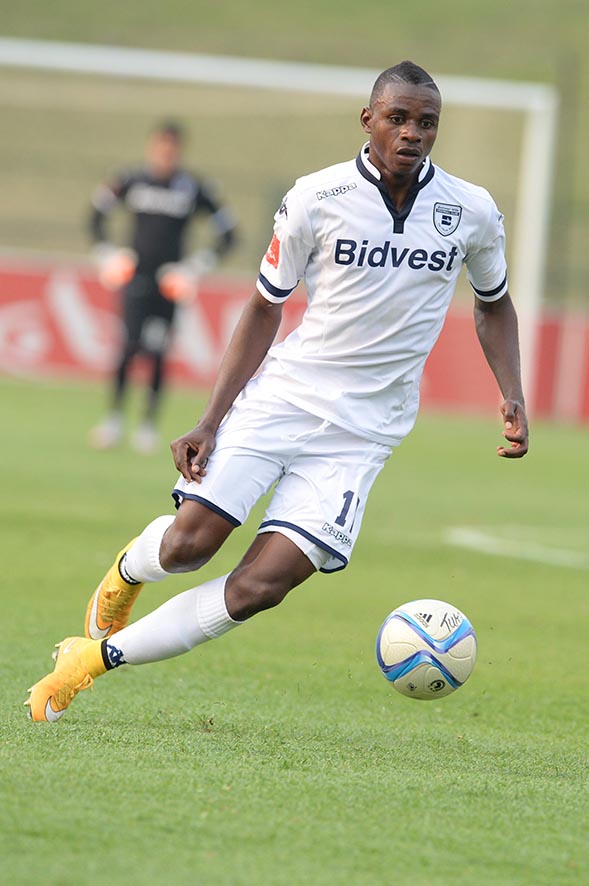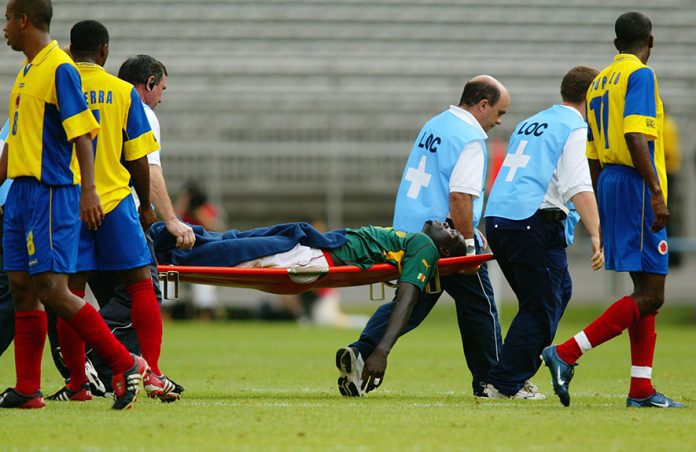Enock Mwepu’s sudden retirement has opened up old wounds. Affectionately known as “Computer”, the 24-year-old Zambian international and Brighton Hove & Albion midfielder has hung up his boots due to a hereditary heart condition.
His retirement has sent shock waves across the football world and is a major setback for his club and the Zambian national team. His star was on the rise but after getting advice from some of the best cardiologists and heart specialists in Europe, it was decided that continuing playing professional football carried a high risk of a cardiac arrest.
He is not the first to suffer such a cruel fate. In a rare case, Danish international Christian Eriksen described his return to football earlier this year as a “miracle”, just five months after collapsing on the pitch at the Euro Championship in a match against Finland in June last year.
Eriksen penned a short-term deal with English Premier League side Brentford, becoming the first England topflight player to be fitted with an implantable cardioverter defibrillator (ICD). The ICD can reset the heart after a cardiac arrest, as described in his story by BBC News. Eriksen has since earned a switch to Manchester United.
Nwankwo Kanu
In 1996, aged just 20, it was discovered that the Nigerian dribbling wizard had a serious heart defect when he underwent a medical at Inter Milan after joining from Ajax Amsterdam. He returned to action a few months later after his operation and even went on to play in the English Premiership for Arsenal. Kanu later set up the Kanu Heart Foundation in 2000 to assist young Africans with heart problems.
Marc-Vivien Foe
The Cameroonian was tall and well-built, but his collapse in 2003 while playing for the Indomitable Lions in the Fifa Confederations Cup against Colombia ended his life.
Sergio Aguero
Considered one of the greatest strikers of his generation, the Argentine enjoyed a very successful career, especially at Manchester City for whom he’s the all-time leading scorer with 260 goals. He later transferred to Barcelona, where his stay was cut short because of a heart-defect.
Lilian Thuram
The former defender won the Fifa World Cup with France in 1998, but his career didn’t have the best of endings. In 2008, Paris St-Germain cancelled their deal with him after he was diagnosed with a heart defect, forcing him into retirement.
Fabrice Muamba
Ten years ago, the midfielder decided to take advice from his doctors and quit football. Muamba, then 24, suffered a cardiac arrest while turning out for Bolton in an FA Cup match against Tottenham Hotspur.
His heart stopped for 78 minutes, but, miraculously, he recovered. He went on to complete a degree in sports Journalism and now works as an academy coach at Bolton.
Papy Faty
Local football fans will remember him from his days with the now defunct Bidvest Wits. The Burundian was let go by Wits in 2016 after it was discovered that he had heart problems, but two years later he surfaced at National First Division side, Real Kings, who later released him in January 2019 due to the same issue. Undeterred, Faty signed for Eswatini side Malanti Chiefs and three months later, he collapsed and died on a football pitch.

Sami Khedira
Over three years ago, the German international suffered from an irregular heartbeat and was sidelined for a month while at Juventus, but managed to return to action after he underwent a successful heart procedure.
‘Cardiac assessments should be standard’
Head of medical at Mamelodi Sundowns Dr Carl Tabane has weighed in on the subject, insisting that cardiac assessments should be standard in football. “These cardiac assessments are expensive, but one can never put a price on a life. Stringent pre-participatory screening measures should be placed for all athletes. For any Fifa/CAF participation, all players are required to undergo these assessments, it is a pre-requisite,” he said, adding that an assessment costs about R5 000.
Like with the case of Mwepu, these are rather unfortunate situations, which result in sudden cardiac arrest, and depending on timeous availability of resuscitation equipment and personnel; and obviously the success of that resuscitation, the results can be devastating.
Christian Eriksen was able to continue with his career, fitted with an implantable cardioverter defibrillator.
Dr Tabane, however, says this may not be possible for Mwepu. “Unfortunately, an ICD is not a ‘one size fits all’ device and depends on the clinical indications. So, we are not privy to Enock’s
exact cardiac problem and I’m certain that the advice he was given took into consideration all associated risks,” said Dr Tabane.
For the latest sports news from Sunday World, click here.
Follow @SundayWorldZA on Twitter and @sundayworldza on Instagram, or like our Facebook Page, Sunday World, by clicking here for the latest breaking news in South Africa. To Subscribe to Sunday World, click here.



